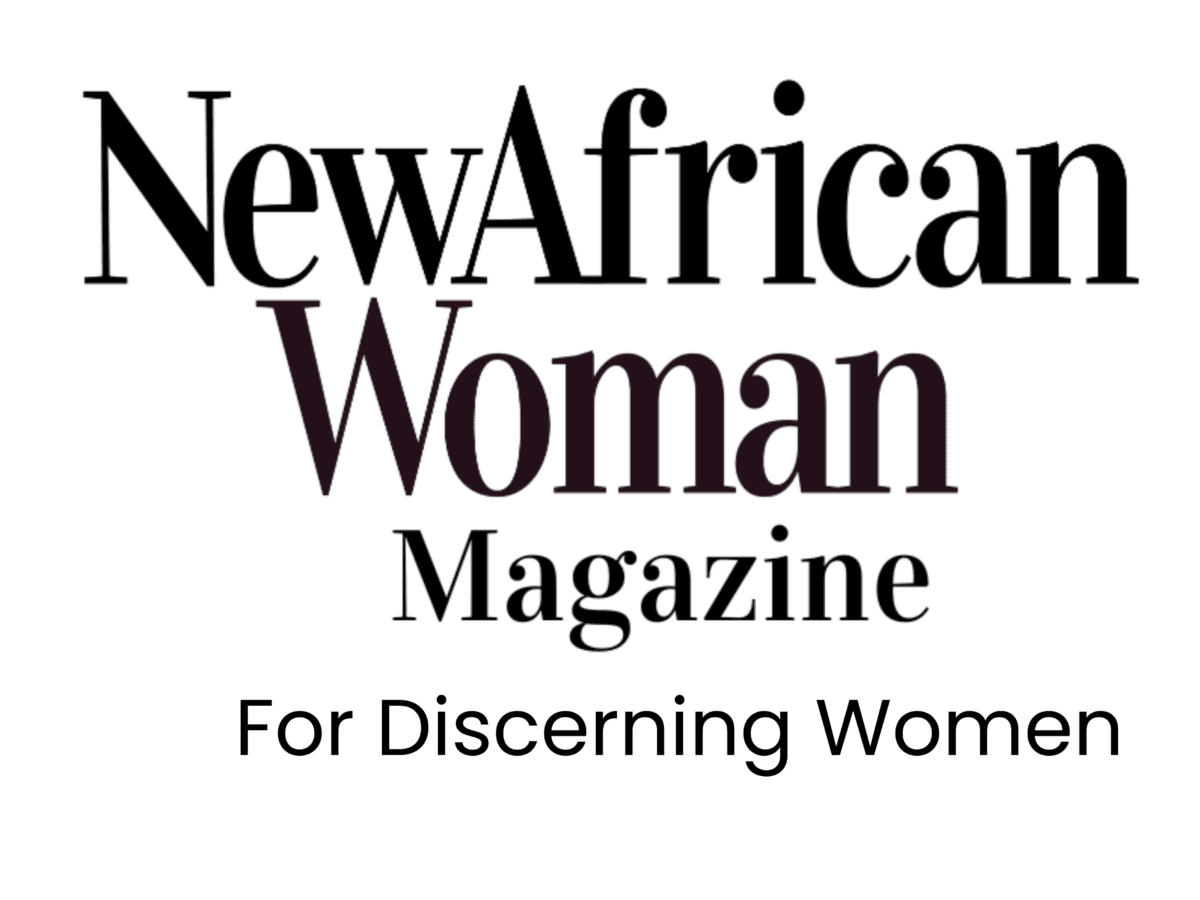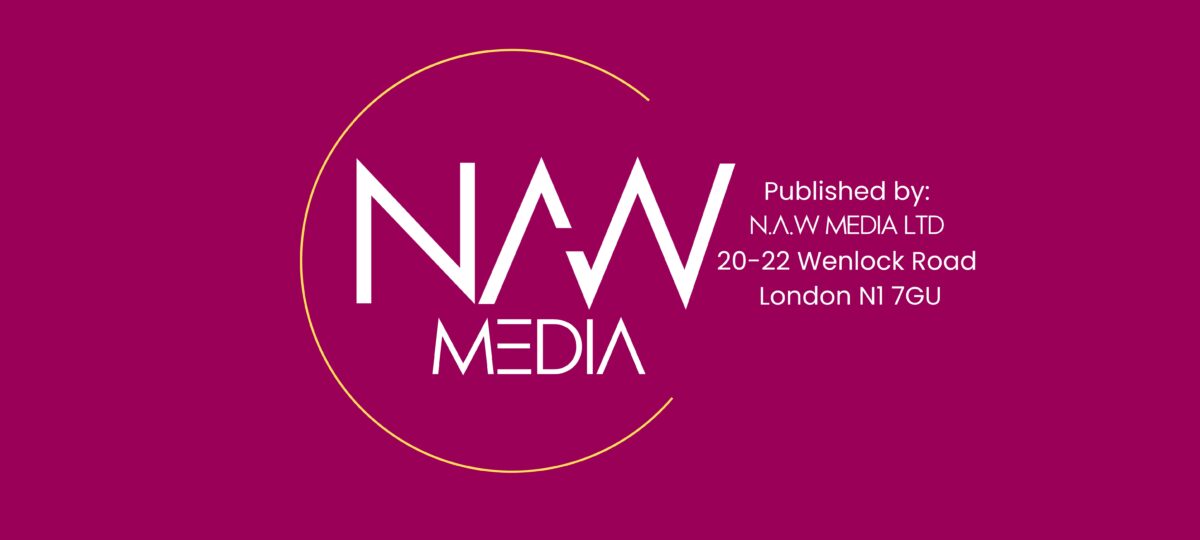Africa’s forgotten #MeToo moment: Nafissatou Diallo vs the ex IMF boss, Dominique Strauss-Kahn

By Judy Amunga Ndibo
How many remember the #MeToo moment of 14 May 2011? I bet not many. But let me help you recollect. On this day, Nafissatou Diallo’s routine was no different from her daily chores as demanded by her employers. The hardworking Guinean immigrant was working as usual as a housekeeper at the swanky upscale Sofitel Hotel in the upmarket New York area of Manhattan. The young, single mother had left her native country to pursue the so-called “American dream”. And better her life. But that was before she encountered the nightmare that this day turned out to be.
On this day, she was cleaning one of the rooms whose guest was among the most prominent people in the world. What happened next was horrifying. While she went about doing her job, the elderly, “honourable” guest emerged from one of the rooms and stood in front of her stark naked, taunting her, flashing his nakedness and demanded sexual favours. The man was no other than Dominique Strauss-Kahn, the then boss of the International Monetary Fund (IMF). Nafissatou fled the room horrified.
What followed was an act of great courage: this simple, African immigrant decided to report the actions of this high-profile man to the police, and soon the story became of one the biggest news stories of the time. Nafissatou endured strong denials from the powerful Frenchman, who accused her of seducing him instead, claiming that she did so to extract money from him.
Nafissatou did not give up even when her claims of sexual assault were dismissed, and continued to pursue the issue with dignity and mettle, until an undisclosed six-figure civil suit settlement was made.
Strauss-Kahn, who was even tipped to be the next French president, would later fall from grace fast and hard, being sacked as IMF boss as more accusations of predatory sexual behaviour were revealed by other women, including allegations of being involved in the running of a prostitution ring in France.
I chose to start this piece with the story of Nafissatou because of her uncommon courage and her relentless quest for justice despite her ordinary status. It aptly captures the power relationship in most sexual abuse cases. The aggressor is often times a man of power and means.
Nafissatou’s courage back then, and even now, is inspirational. The key lesson she teaches us is that every woman deserves respect regardless of their race, gender, status and physical attributes. It also teaches us to fiercely protect our right to say NO and to report any violation no matter how powerful the perpetrator may be.
Nafissatou, unknown to her, was among the precursors to a growing movement of women who are rising up to speak out against sexual abuse. Eight years since this incident, reports of sexual abuse at the hands of powerful men have rapidly gained prominence – albeit more so in the western world, Hollywood in particular.
The disgraced Hollywood director, Harvey Weinstein, is a case in point – accused by numerous women, including our very own Lupita Nyong’o – of being a relentless sexual predator. Weinstein used his power over the years to prey on young, innocent upcoming actresses with promises that he would open doors for them through his blockbuster movies connections.
Money, power and sex
What then is sexual abuse? According to the Psychology today online magazine, despite its name, sexual abuse is more about power than it is about sex. Although the touch may be sexual, the words seductive or intimidating, and the violation physical, when someone rapes, assaults, or harasses, the motivation stems from the perpetrator’s need for dominance and control.
The same magazine goes further and adds that although the vast majority of #MeToo stories describe occurrences within the family, with a classmate, a man on the street, in a bar or at a party – where men assert power bestowed on them by mere virtue of them being men – the events that propelled the recent outcry involve powerful, prominent men who use their positions and the perks of their power to seduce, coerce, manipulate, and attack.
These men have what their victims, who are in less powerful positions, want and need: a job, good grades, a promotion, a recommendation, an audition, a role in a movie, a place close to the centre of power. They confuse and control by dangling enticements with one hand and wielding threats, implied or explicit, with the other. Weinstein’s actions led to the heightening of the #MeToo movement.
But Weinstein stands in a long line of powerful men who display arrogance and blatant disrespect for women’s rights and dignity. Who can forget President Donald Trump’s brag about kissing women without their consent, grabbing at their genitals? “When you’re a star, they let you do it,” he bragged in the now infamous 2016 ‘locker room talk’ tape – a month before his election as the leader of the so-called ‘free world’.
A culture of silence
Though Hollywood female celebrities have given the #MeToo movement unprecedented impetus, it must be noted that the cries of sexually abused women go beyond Hollywood and permeate every sector of modern society – everywhere in the world. And in Africa it’s deep-rooted in secrecy and taboo.
A new study by the Inter-Parliamentary Union the Parliamentary Assembly of the Council of Europe, for instance, shows that acts of sexism, abuse and violence against women are widespread in parliaments across Europe. The findings reveal that 85 per cent of women MPs have suffered from psychological violence in parliament. The report further adds that women MPs under 40 are more likely to be harassed; female parliamentary staff endure more sexual violence than female MPs; and that the majority of parliaments don’t have mechanisms to enable women to speak out.
Women victims who have chosen to share their experiences say that such abuse changed their lives, blighted their confidence and shattered their innocence. It led them down a destructive road of deep depression and shame. This has negatively affected how such women consequently live, love and relate even with their children.
The recent testimony of Dr. Christine Blasey Ford against the Supreme Court Justice nominee, Brett Kavanaugh, painted a powerful picture of a victim’s wounds. This accomplished woman’s testimony as given to the USA Senate showed a woman deeply scarred. Memories of an event that had happened decades ago were still raw and painful. Sadly, whenever such women come up, they are often condemned to endure a public trial premised upon their looks, personalities and character. No one believes them. This is perhaps the key reason why most victims continue to perpetrate a culture of silence choosing to privately nurse their scars. Kavanaugh is now a Supreme Court Judge.
It is no small matter when a woman’s right to shine is replaced by paralysing shame. Healthy, confident women are the strong fabric upon which any society is built and sustained.
What makes the #MeToo movement so powerful is that it has given victims a voice and the courage to speak out. It is finally providing a powerful avenue and a safe space for victims to share, seek support and find real healing. Powerful male perpetrators are now shifting uneasily in their seats, being forced to confront their actions for the first time.
Perhaps the most telling sign that ‘Time Is Up’ (another Hollywood narrative that has gained currency) has been the recent incarceration of the once loved and admired black entertainment icon, Bill Cosby. Cosby had allegedly enjoyed decades of sexual predatory behaviour lacing the drinks of women he invited to his home then sexually violating them. No one ever thought that the celebrated 81-year-old would face jail time, yet he is. Andrea Constand’s case against him for sexually assaulting her after lacing her drink back in 2004 has been his undoing.
Is it time to celebrate yet? Are the shackles really broken amongst our Sisters of colour in Africa and the diaspora? The #MeToo movement has been a powerful vehicle and a call to action in the USA but such movements or campaigns remain largely absent in Africa.
Stories from Africa continue to show powerful African men abusing young women sexually in exchange for favours that are never delivered, then kicking them to the kerb, even killed. Stories also abound in slums and rural areas in Africa where a culture of rampant abuse continues unabated.
A girl hitting puberty in such parts of Africa is viewed as an invitation from male teachers, neighbours, relatives, elders and other men in authority. She is violated many a time, learning to live with a deep sense of shame and a devalued sense of self-worth. She is taught early on that men are just like that and a woman must learn to endure.
African traditional patriarchal cultures further compound the problem. Perhaps the most poignant example of this is the presence of cultures that see girls as young as 12 years of age married off to elderly men as a means to support their families.
#WeToo – speaking for the voiceless
Who will speak for these faceless, voiceless, powerless, abused girls?
Oprah Winfrey’s impassioned words at the 2018 Golden Globes struck a deep chord, reminding us that sexual abuse at the hands of powerful perpetrators is still alive and well. She eloquently shared in her acceptance speech for the Cecil B DeMille Lifetime Achievement Award as follows: “They’re the women whose names we’ll never know. They are domestic workers and farm workers. They are working in factories and they work in restaurants and they’re in academia and engineering and medicine and science. They’re part of the world of tech and politics and business. They’re our athletes in the Olympics and they’re our soldiers in the military.” The #MeToo movement has shown us all the power of raised collective voices from women cutting across race, gender, age and status in society. Sisters who boldly condemn the sexual violation of women are causing ripples in the socio-legal environment and beginning to shift the power balance.
Is it time for a similar collective movement in Africa? How, you may ask? It all begins with paying attention and speaking truth to power. Speak to girls and women in your sphere of influence reminding them that they are beautiful, worthy, powerful and have the right to speak up against sexual abuse, refuse to be victims and report such abuse.
Difficult conversations begin with shared time and acceptance devoid of judgement. Begin by sharing lessons from the story of brave Nafissatou Diallo, so that it does not become a forgotten moment.
If you have been a victim of sexual abuse at the hands of a powerful male perpetrator, break the culture of silence, shatter the shame and share your story. Your voice will protect the next victim by exposing the perpetrator. Herein lies true power.
Don’t forget to speak to the boys, too. They become the male perpetrators if left un-mentored.









